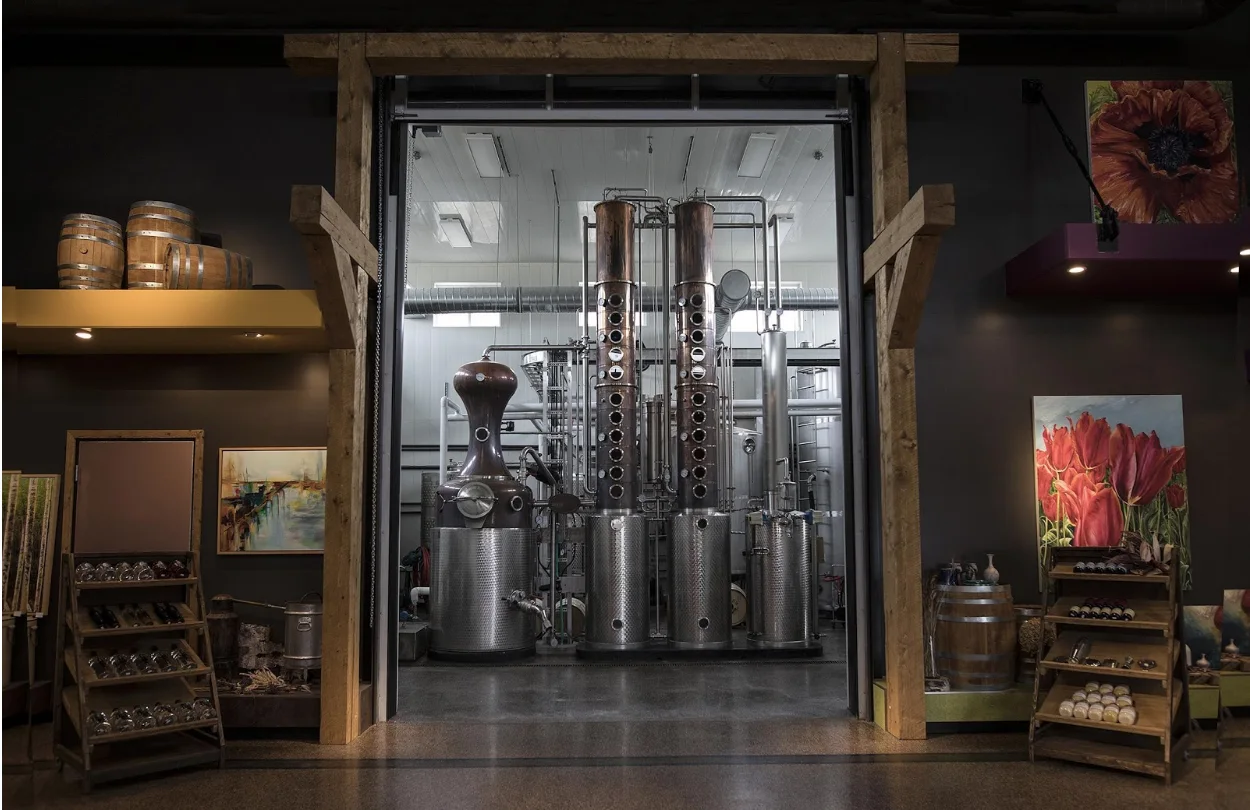
Canadian sustainability initiatives
Why it’s important for Earth Day to grow into every day
Earth Day premiered in 1970. Twenty million people gathered across the United States wearing bell-bottoms, ankle-length maxi dresses and gauchos to protest pollution. These fashions have drifted in and out of style, but the waves of those protests have survived any trend. Since that first Earth Day fifty years ago, it has swelled into an international event.
That fight against pollution planted a seed that grew into the Clean Air Act, Clean Water Act and Endangered Species Act. Unfortunately, as Earth Day celebrates its golden anniversary across the globe, we're still fighting pollution. This year's theme is climate action. It's colossal and unless more Canadians take up sustainable initiatives as a way of life, it won't be realized.
Over the decades, Canada’s list of sustainable initiatives has evolved. In the home, financial rebates have helped Canadians make greener decisions from replacing inefficient doors and windows with energy-efficient styles to replacing incandescent light bulbs with LEDs. With improvements made in low flow toilet technology combined with some governments capping allowable litres per flush, water-efficient toilets are slowly replacing the guzzlers.

Courtesy: Getty Images
In the neighbourhood, churches and community centres are dedicating their green space for community gardens. Farmers markets have become part of the urban landscape as green rooftops become familiar. Office buildings are replacing light switches with sensors as companies implement several small initiatives such as replacing desk garbage bins with recycle bins and configuring double sided printing, if not discouraging printing all together.
Businesses are warming up to people working from home, so only calories are burned during the commute instead of fossil fuels. And instead of flying from one city to another, people are finally connecting digitally for meetings.

Courtesy: Black Fox Farm and Distillery
In the food and beverage industry, wineries, breweries and distilleries are taking up sustainable initiatives.
Black Fox Farm and Distillery in Saskatoon, Saskatchewan have built a facility based on a low waste stream.
"The concept of building a distillery to meet our own sustainability goals tied perfectly to our agriculture roots," explains co-founder Barb Stefanyshyn-Cote. "Good farmers have always understood that the resources we use must be available for future generations. Building our distillery in that vein incorporates the same ideas – grow the ingredients using sustainable practices, minimize water usage, recycle, reuse and do not waste."
The distillery is cooled geothermally while the by-products of the distilling process are converted into compost to feed their crops.
"One of the most important concepts is the realization that there is always room for improvement," Stefanyshyn-Cote explains. "Working towards sustainability goals allows us to think outside the box, create beautiful spirits and show leadership in the community."
Technology has also helped Canadians instil sustainable initiatives without even knowing it. Going mobile has helped reduce paper waste with electronic tickets and navigating using a GPS instead of printed instructions.
The rise in hydro rates is a burden, but there is a side effect. People who haven't embraced greener initiatives have felt the impact on their wallets and have become smarter with electricity by no longer cranking the air conditioning, leaving lights on unnecessarily and trading up for energy-efficient appliances.

Courtesy: Globus
In the travel industry, Canadian travel companies continue to build on sustainable initiatives.
"Our sustainability plans have evolved over the past three to five years," says Chris Jones of Globus. "Waste production while on tours and single-use plastics such as bottles, cutlery and food containers are a big part of travelling, and we have been actively reducing our dependence on these for years."
Just like every industry, it takes one to drive change.
"It's a case of leader and follower, as someone leads with an initiative, more will follow down the same path," explains Jones optimistically. "As an industry, if we all work to improve our operations, we can make a real difference worldwide."
The federal government has set targets to eliminate the use of many single-use plastic products. But, some municipalities aren't sitting around waiting for these rules to take effect and have already banned plastic bags. And if you haven't already, you can do your part by making the change to reusable bags starting today.
Earth Day is more than just a day for people and companies to get out and make a difference and with the pandemic, activities such as cleaning up neighbourhood parks and waterways may not be possible. This makes it just as important to do our part every day for climate action. Reduce, reuse and recycle is an old mantra, but critical for giving everyone something to celebrate when Earth Day turns 75 years old.
--
Thumbnail image source: Getty Images









